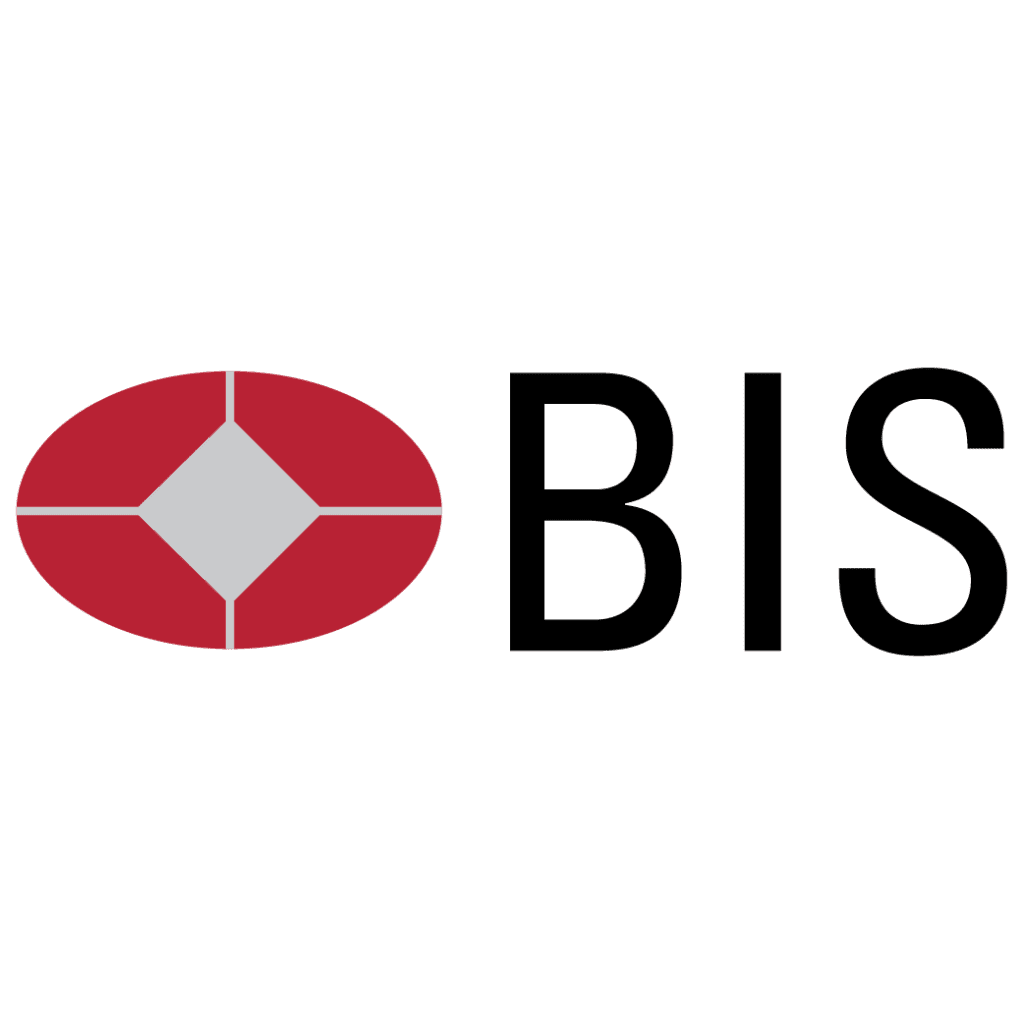The impact of machine learning and big data on credit markets

Bank of England Working Papers by Peter Eccles, Paul Grout, Paolo Siciliani and Anna Zalewska
Bank Solvency Stress Tests with Fire Sales

National Bank of the Republic of Austria Working Papers by Thomas Breuer, Martin Summer and Branko Urošević
Gender, age and nationality diversity in UK banks

Bank of England Working Papers by Joel Suss, Marilena Angeli and Peter Eckley
Limits of stress-test based bank regulation

This paper studies exchange-traded funds’ (ETFs) price impact in the most ETF dominated asset classes: volatility (VIX) and commodities. I propose a model-independent approach to replicate the VIX futures contract. This allows me to isolate a non-fundamental component in VIX futures prices that is strongly related to the rebalancing of ETFs. To understand the source of that component, I decompose trading demand from ETFs into three parts: leverage rebalancing, calendar rebalancing, and flow rebalancing. Leverage rebalancing has the largest effects. It amplifies price changes and exposes ETF counterparties negatively to variance.
Financial policymaking after crises : Public vs. private interests

Bank of Finland BOFIT Discussion Papers by Orkun Saka, Yuemei Ji and Paul De Grauwe
Fintech and payments: regulating digital payment services and e-money

FSI Insights No 33, July 2021. This paper explores how non-bank payment service providers (NBPSPs) are regulated and provides a cross-country overview of the regulatory requirements for digital payment and e-money services offered by NBPSPs. It benefited from responses to a CPMI survey of 75 jurisdictions conducted in early 2021.
Covid-19 vaccine efficacy and Russian public support for anti-pandemic measures

Bank of Finland BOFIT Discussion Papers by Ekaterina Borisova and Denis Ivanov
What role should the SEC play in ESG investing?

Environmental Social Governance (ESG) issues continue to climb in importance for many investors and policy makers. What role should public policy and financial regulation play in response to ESG concerns? These questions are of particular importance for the Securities and Exchange Commission (SEC) tasked with protecting America’s capital markets and American investors.
SEC Commissioner Hester Peirce will share her perspective on these issues during a Brookings event on July 20. The conversation will continue with a panel representing investors and the public interest who will react to Commissioner Peirce and share their own views.
Viewers can submit questions for speakers by emailing events@brookings.edu or via Twitter using #ESGInvesting.
Passive funds affect prices: evidence from the most ETF dominated asset classes

This paper studies exchange-traded funds’ (ETFs) price impact in the most ETF dominated asset classes: volatility (VIX) and commodities. I propose a model-independent approach to replicate the VIX futures contract. This allows me to isolate a non-fundamental component in VIX futures prices that is strongly related to the rebalancing of ETFs. To understand the source of that component, I decompose trading demand from ETFs into three parts: leverage rebalancing, calendar rebalancing, and flow rebalancing. Leverage rebalancing has the largest effects. It amplifies price changes and exposes ETF counterparties negatively to variance.
Flexible inflation targeting with active fiscal policy

Bank of England Working Papers by Richard Harrison
